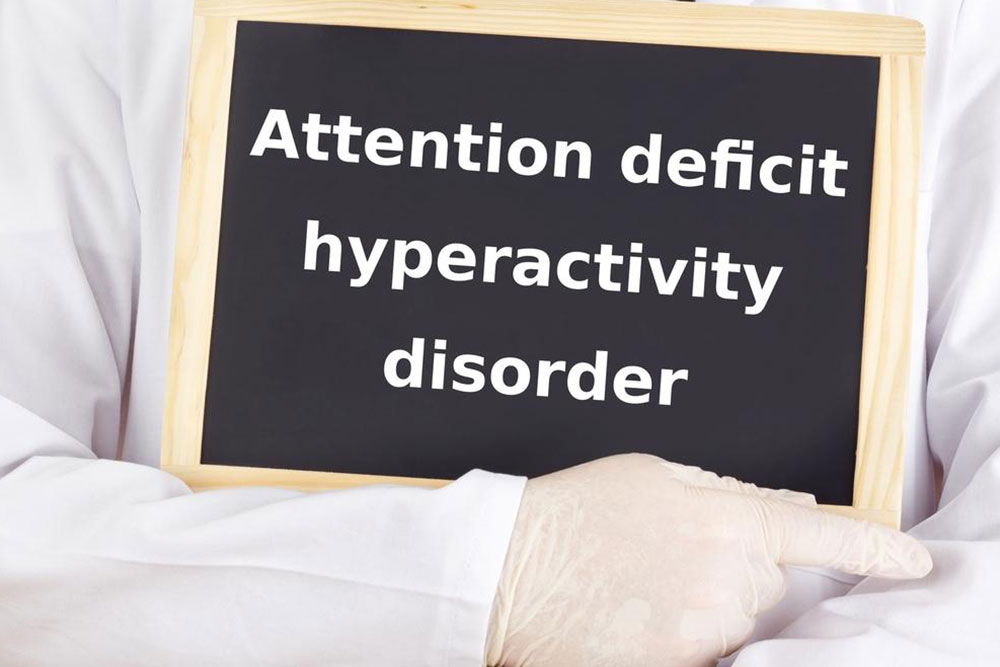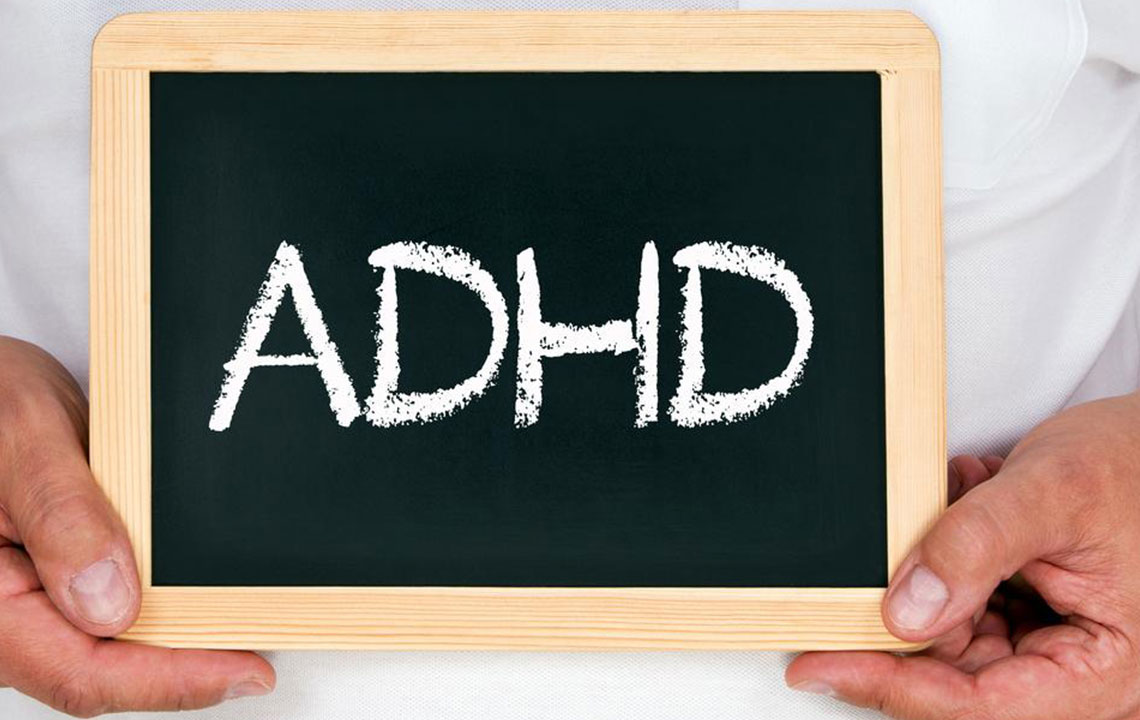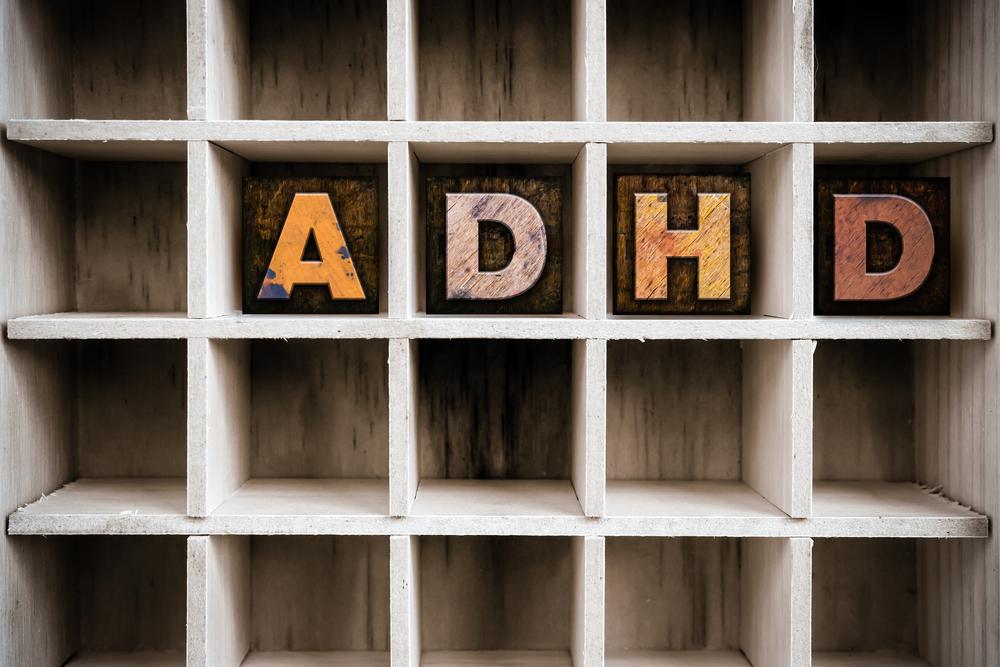Recognizing Common ADHD Signs in Adults
This article explores common signs of ADHD in adults, including organizational struggles, impulsiveness, and relationship issues. Recognizing these symptoms early enables timely intervention, improving daily functioning. The article highlights key behavioral traits such as inattentiveness, impulsivity, and difficulty managing responsibilities, emphasizing the importance of professional diagnosis and treatment for effective management of ADHD in adults.

Recognizing Common ADHD Signs in Adults
Adult Attention Deficit Hyperactivity Disorder (ADHD) is often overlooked despite affecting about 5% of the population. While usually identified in children, many adult cases remain undiagnosed because symptoms can be subtler or present differently. Key signs in adults include struggles with organization, impulsiveness, and relationship challenges. These difficulties may lead to issues like mishandling responsibilities, impulsive decisions, or conflicts with loved ones. Recognizing these symptoms early is vital for effective management and treatment, improving overall quality of life.
Organizational Challenges
Adults with ADHD often struggle with managing daily routines, paying bills, balancing work and family commitments, and handling multitasking efficiently. These challenges tend to intensify over time.
Impaired Focus While Driving
Attention difficulties common in ADHD can manifest as distraction while driving, leading to accidents, speeding, or reckless behavior. Adults with ADHD may find it hard to sustain focus during long or complex tasks.
Relationship Struggles
Impulsiveness, inattentiveness, and difficulty listening can strain personal relationships, causing misunderstandings and conflicts. Many adults with undiagnosed ADHD face repeated disagreements and emotional disconnect.
Impulsive Behaviors
Rash decisions, such as impulsive shopping or abrupt speech, are notable signs. Such behaviors often disrupt social interactions and problem-solving abilities, leading to frustration and feeling inadequate.
Additional Indicators
Other signs include constant distraction, restlessness, poor listening skills, difficulty initiating or completing tasks, anger outbursts, and trouble prioritizing. These symptoms can contribute to self-criticism and emotional distress but are manageable with appropriate treatment.










